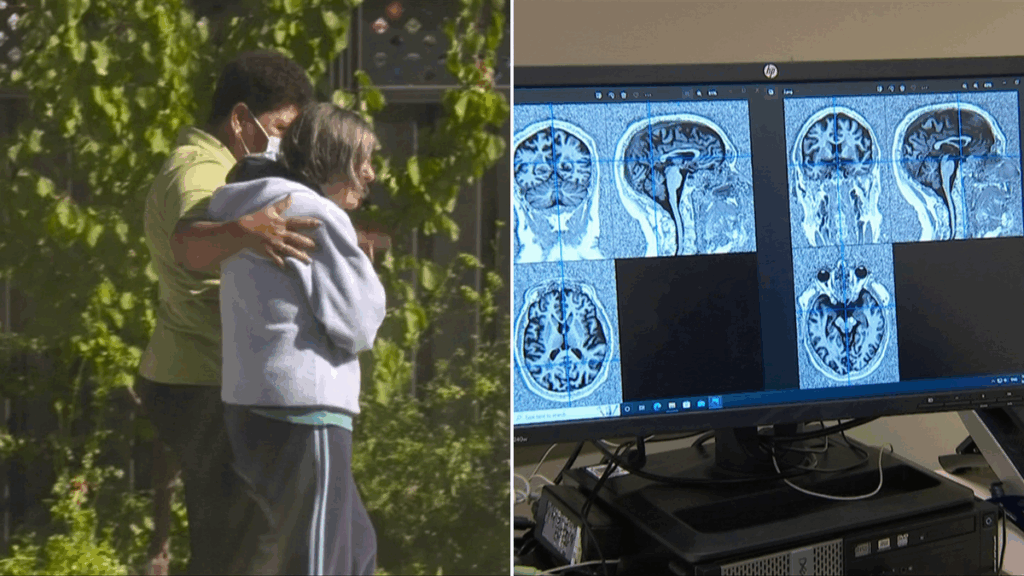
Dementia has officially overtaken heart disease to become the leading cause of death in Australia, according to new data from the Australian Bureau of Statistics (ABS). In 2024, approximately 17,500 Australians lost their lives to dementia-related conditions, marking a significant shift in the country’s health landscape.
This data reveals that dementia now accounts for 9.4 percent of all deaths across Australia. The rising numbers underscore the growing burden that degenerative brain diseases place on families and the healthcare system. The average age of individuals who succumbed to dementia was 88 years, a reflection of the condition’s prevalence among the country’s ageing population.
Changing Mortality Patterns
According to Lauren Moran, head of mortality statistics at the ABS, the increase in dementia-related deaths aligns with a demographic trend. “People are now more likely to live to an age where they have a higher risk of developing dementia,” she noted. This trend is particularly pronounced among women, who typically have longer life expectancies. The data reveals that 62.4 percent of those who died from dementia were women, highlighting a significant gender disparity.
Dementia has held the position of the leading cause of death for women since 2016, reflecting the urgent need for increased awareness and resources focused on this issue. The shift in mortality patterns is noteworthy, as heart disease had been the leading cause of death in Australia for decades.
Despite dementia’s rise, coronary heart disease remains the leading cause of death for men, accounting for 10,153 deaths in 2024. It also continues to be the primary cause of death for individuals living in outer regional, remote, and very remote areas of Australia.
Implications for Healthcare and Research
The latest statistics bring to light the pressing need for ongoing research into dementia prevention and treatment. As Australia’s population continues to age, the healthcare system faces increasing challenges in managing the complex needs of those affected by dementia and their families.
The change in mortality statistics serves as a wake-up call for policymakers and health professionals alike. With dementia now at the forefront of public health concerns, there is a compelling need for enhanced support systems, funding for research, and educational initiatives aimed at raising awareness of the disease.
The growing incidence of dementia not only impacts individuals and families but also places significant strain on healthcare resources. As the country grapples with these new realities, the call for action in research and care becomes ever more urgent.






